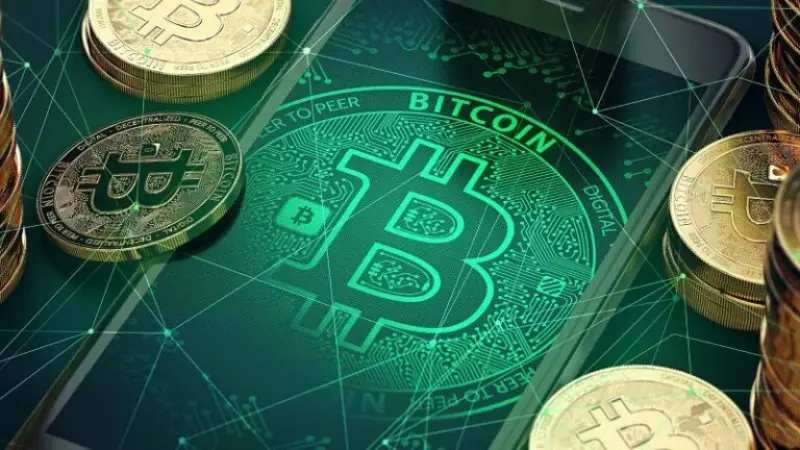
What Are the Differences Between Bitcoin and Fiat Currencies?
Bitcoin is a decentralized network and does not have any administrators and controllers in this network. The network is made up of computers that are connected end-to-end, performing voluntary participation. All computers on the network are open source and run the same program. All of them see all transactions and can keep the entire transaction history if they want and retrieve their transaction history from other ends at any time. In this article , ” What is Bitcoin in short? and how do they differ with fiat currencies?” We will answer your questions.
Bitcoin can optionally be used as a store of value. The control power of banks and governments over bank accounts is out of the question for bitcoin. No one can prevent the use of Bitcoin, cannot undo the transaction made.
In addition, banks and governments cannot have influence on the supply of bitcoin. Money cannot be supplied to the system from outside and therefore inflation does not occur. The money supply takes place in the form of rewards given to miners who create successful blocks.
In Bitcoin, transactions are anonymous and have no connection to real persons and organizations. Transactions take place between bitcoin wallet addresses.
Transactions in Bitcoin are transparent, fast and global. Since the initial bitcoin offering in 2009, all transactions that have taken place on the blockchain can be viewed by anyone who wants to. The transactions made are distributed to the Bitcoin network all over the world within milliseconds and are confirmed within reasonable times.
In fiat physical money, there is no memory of transactions. Bitcoin transaction memory is recorded in the blockchain database, which is the global ledger.
Transactions that take place in Bitcoin cannot be reversed. Even those who designed the system cannot change or undo a transaction that has been confirmed by a miner and accepted by others and written to the blockchain.
Security in Bitcoin is ensured by using 17 cryptographic digital signature methods that have been proven to be mathematically reliable. Due to the use of secret and public key encryption, it is impossible for malicious actors to manipulate data.